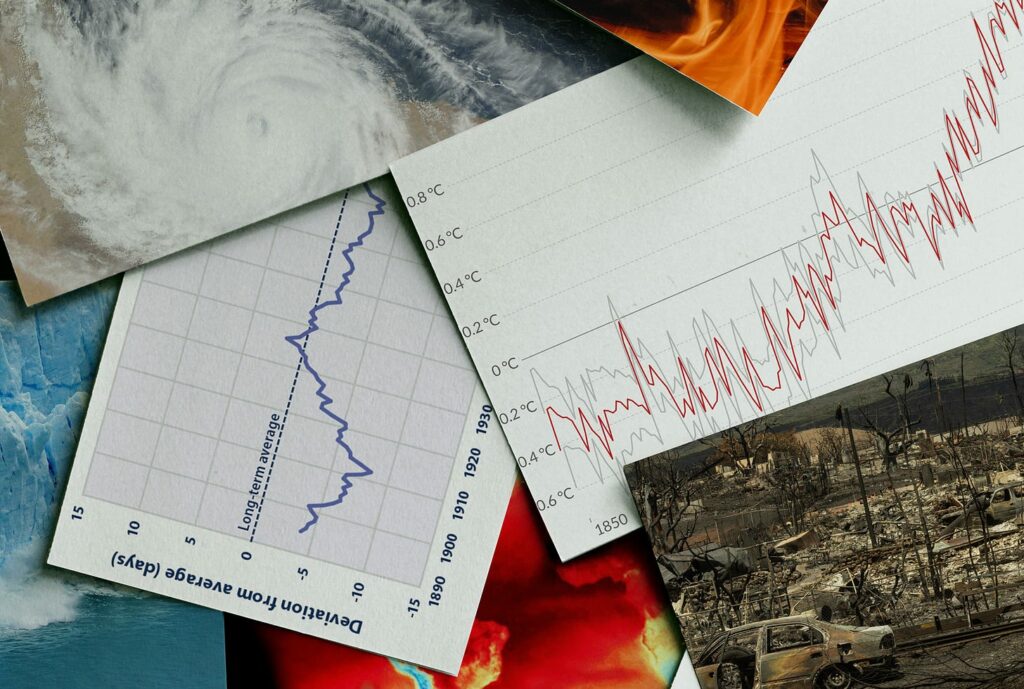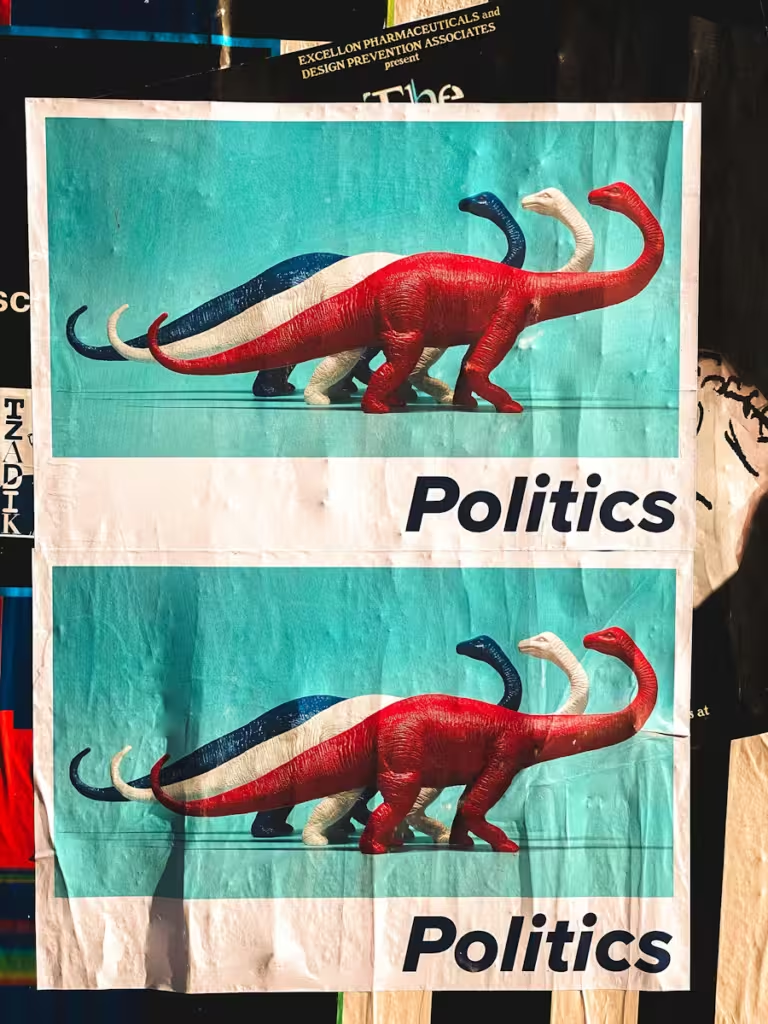A new study finds that virtue-signalling signals virtue. Specifically, in this case, that Australians consistently tell pollsters they care about climate change – over 80% as a rule, including a majority of conservative voters. But like the alarmists who buy seaside mansions, fly jets to climate conferences and otherwise exhibit glittering hypocrisy, they don’t vote the way they talk. It’s not exactly that they’re kidding; it’s that they’ve learned their lesson too well, that climate awareness is all about striking the right pose. Irony can indeed be ironic sometimes.
The authors of the study exhibit considerable irritation in The Conversation, asking “If 80% of Australians care about climate action, why don’t they vote like it?” But a better question would be “Why do 80% of Australians claim to care about climate action?” which is all that polls actually reveal or can reveal. And part of the answer is that they’re ashamed not to, especially in front of strangers, which is why polls too often underestimate unpopular opinions. And another part is that Australians, like others, have been assured far too often that climate action is all gain and no pain.
The authors reach a different conclusion: “Our research suggests the question about social support for climate action in Australia is no longer: ‘does climate change matter to enough Australians?’. Instead, the critical question may well be: ‘does climate change matter enough to Australians to shift climate politics?’.” And they admit to at least one eye-opening experience.
“We conducted our survey in July 2019, two months after the Coalition won the federal election. Its victory came as a surprise to many, as the election was sometimes billed the ‘climate election’, implying climate change was a bellwether issue. The climate policies of the two major parties were night and day, with the Labor Party campaigning on ambitious mitigation targets and the incumbent Coalition maintaining the status quo of very limited climate policy.”
It opened one eye. But to prise the lid up on the other, ask yourself who billed it as the “climate election”? Activists and advocates, political and private. Not voters. They all went yeah yeah sure and signalled their virtue, then voted their convictions. The authors do note that “We found about half of Australian voters (52%) said climate change was important when deciding their vote in the 2019 Australian federal election. However, climate was the most important issue for only 14% of voters.” But again, the real measure of how people vote isn’t how they say they vote. As with buying and selling, the acid test is what they actually do with a scarce resource, in this case their ballot.
It’s not just Australia. German climate worrywarts gave themselves something new to worry about with a major survey by the European Investment Bank, now part of the green machine along with far too many woke-like financial institutions, that found that youth aren’t behind Greta the way the old folks are. As Pierre Gosselin put it about a news story on the study, “Shockingly, ‘Only 26 percent of young people believe that we should use less fossil energy, primarily for climate protection reasons,’ the two Die Welt journalists reveal.” Young people also don’t want to limit speeds on the famous Autobahns, or subsidize electric cars. “Geht es um CO2-Verbote,” Die Welt admits, “ist die Bereitschaft zum Klimakampf unter den Generationen anders verteilt als gedacht.” You can say that again. (And if they did it would be “When it comes to CO2 bans, the readiness to fight climate change is distributed differently among the generations than expected.”)
In this sense the global warming alarmists have won a massive Pyrrhic victory. They’ve got everyone claiming they care about climate and a fairly large number believing they do care. But it’s happened at the expense of driving people’s real beliefs underground where they have become inaccessible and unrealistic. Many don’t really think it’s an issue, or at least not one worth sacrificing for, many are sick of being nagged, and many believe it’s an issue on which no significant sacrifice is required.
As the Conversation authors note about Australia, “Across the political spectrum, the proportion of voters willing to accept a small personal cost is relatively similar: 60% of progressive voters, 55% of conservative voters.” Yes. A small one. So when asked to make a significant sacrifice, they balk. It’s not what they were told was needed.



"We found about half of Australian voters (52%) said climate change was important when deciding their vote in the 2019 Australian federal election. However, climate was the most important issue for only 14% of voters."
Yeah, but importance goes both ways. It could be that 26% (or 7%) thought climate needed to be addressed with harsher measures, and 26% (or 7%) thought the harsher measures were bonkers and voted against them. I think climate is an important political issue, too - which is why I don't bother to vote. None of the parties that has even a remote chance of winning opposes the standard narrative on climate change.
Only this week the leader of the opposition, in his zeal for an electric vehicle future, explained to us idiots that one will be able to park the EV at home and charge from the rooftop solar panels overnight.
Don't worry, they've nearly figured out why they lost the 'un-loseable ' election!